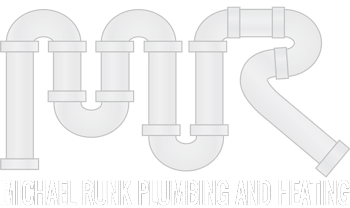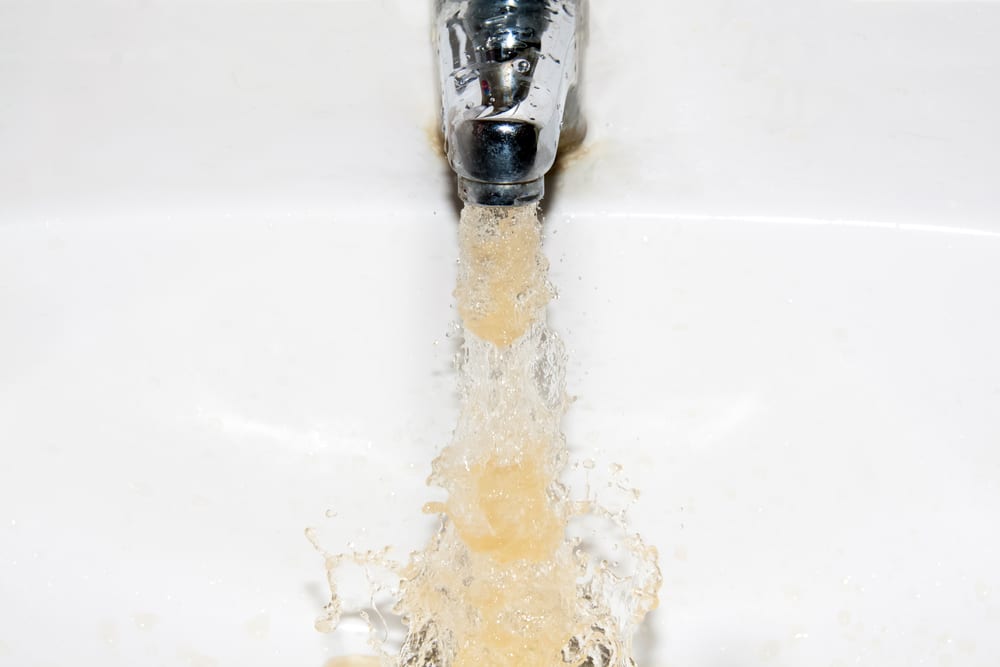Have you stopped to think about what’s really in the water running out of your faucets? Your home water may be at risk of contamination from various chemicals and pollutants. If your water supply is connected to a public water system, the water is tested and treated for safety, but a lot can happen between the water treatment plant and your faucet. If you have a private well, the water is not regulated by the EPA, so it is essential to ensure that your well water is not contaminated. Water that contains any of the following contaminants could pose a risk to your family’s health and the lifespan of your home’s plumbing and fixtures.
Lead
Lead has been used throughout history for water pipes. Today, we know the dangers of using this hazardous material in and around your home. Lead can enter drinking water through corrosion, especially where the water has high acidity or low mineral content. The most common sources of lead in drinking water are lead pipes, faucets, and fixtures. This toxic metal can be harmful to human health even at low exposure levels.
Microorganisms, Bacteria, and Viruses
All water hosts some degree of bacteria and microorganisms. While most of these bacteria are harmless and do not pose a threat to your safety, some such as Giardia, E. Coli, and Cryptosporidium can cause serious health issues if found in your water supply.
Arsenic
Arsenic is an element that occurs naturally in rocks and soil and is also a byproduct of copper smelting, mining, and coal burning. Arsenic can enter the water supply from natural deposits in the earth or industrial and agricultural pollution. High arsenic levels in private wells may come from certain arsenic-containing fertilizers used in the past or industrial waste. It may also indicate improper well construction or overuse of chemical fertilizers or herbicides.
Nitrates
Nitrates are chemicals found in fertilizers, manures, and liquid waste coming from septic tanks and plumbing systems. Nitrates are one of the most common forms of water contaminants, especially in rural areas. Nitrogen in fertilizer can quickly form with our sources of groundwater and convert into nitrate. While Nitrogen is essential for all living things, high levels of nitrate in drinking water can be dangerous to health.
Eliminate Your Concerns With the Help of a Trusted Maryland Plumber
Improper well construction and corroding pipes can lead to a higher risk of contaminants entering your home’s water supply. Test your water regularly, especially if you are using a private well. If you have concerns about the safety of your water, contact us, and we can address the problem at the source. Give us a call at (866) 531-1449 today to schedule an appointment.

